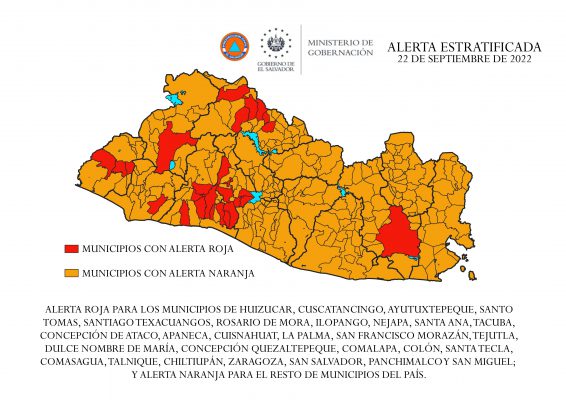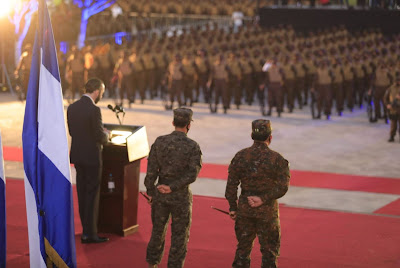Archbishop of San Salvador does not reject Bukele reelection plans

Going along with the prevailing sentiment in El Salvador, the archbishop of San Salvador, José Luis Escobar Alas, at his Sunday press conference indicated that the great majority of the people want, and will get, the opportunity to reelect Nayib Bukele in 2024. From Rhina Guidos' reporting in National Catholic Reporter: "The people have been disappointed, and now they see a light in the path ahead," which is why many overwhelmingly want the president to run again, Archbishop José Luis Escobar Alas said during a Sept. 25 news conference, where his comments were taken as tacit support for President Nayib Bukele. Bukele's administration quickly disseminated the archbishop's comments via social media , posting them the following day on the front page of a government-run newspaper with the archbishop's photo and words above the fold. Reaction was swift. People "want" many things, but if they go against what the constitution says, it doesn't make it...







